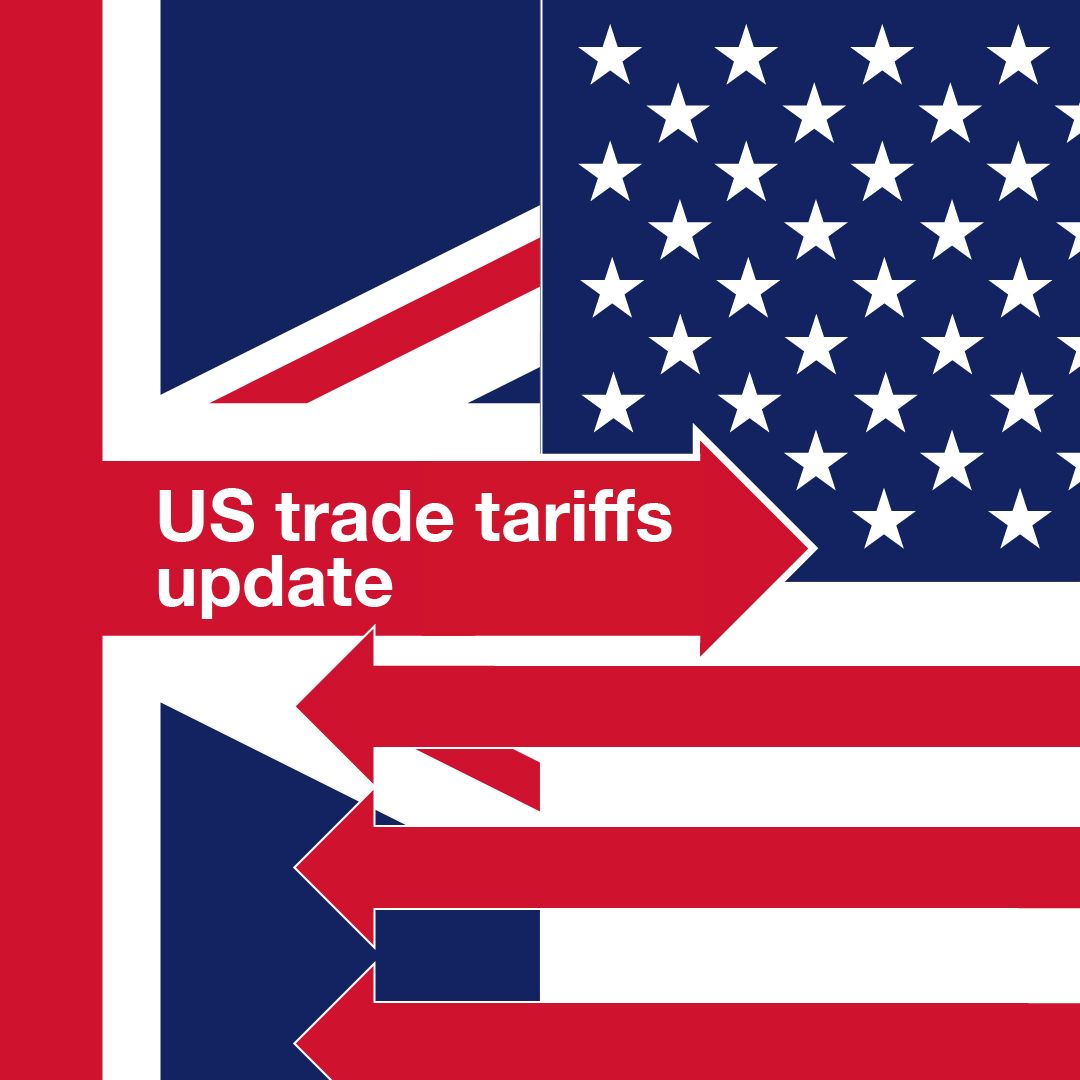Since his overwhelming election on 16th May, there has been a lot of focus on what a Nahendra Modi Government could mean for the Indian economy, for religious minorities and for India’s place in the world order, in particular in regards to China, Pakistan and the US.
But what could this mean for UK business exporting to and operating in India?
The first thing to keep in mind is that India (as a nation) is collectively self-conscious about their global economic standing. The country takes an enourmous amount of national economic pride from Tata’s ownership of JLR (and its significant success), the global importance of ArcelorMittal and the telecomms success of the Ambani Brothers (not to mention the senior roles held by expats in big-name western countries).
But with China storming ahead (despite its woes) and India in the (relative) economic doldrums, that national pride has been hurt. There is an aspirant, young and well-educated middle class that wants more opportunities than the Indian economy has been offering them.
And it is why Modi’s campaign messaging emphasised the economy. Modi’s pitch has been to spotlight the success of Gujarat economy, the Indian state he led. The ‘Modinomics’ that he says worked in Gujarat is version of pro-business, corporatist capitalism that is very foreign-investor and infrastructure friendly.
Gujarat boasts Ford and Colgate facilities and the world’s largest oil refinery. It’s grown, per capita, by almost 8%. (But as Nitin Gokhale of the Diplimat points out, pro-business does not necessarily mean pro-growth or pro-development. The previous BJP Government was voted out because, despite delivering growth, the masses in India didn’t benefit).
UK businesses should expect a Modi India to be very open of, and indeed solicitous of, foreign business investment. As Modi himself states in an interview with the Economic Times:
I believe that country can progress only if we end red-tapism. No red tape, only red carpet, is my policy towards investors.
…
Gujarat is a very successful model. Look at the investment auto companies have made in the state. Every auto major has its plant in my state. It is because of the efficiency of the state government. We have best quality infrastructure, skilled labour and zero man-day loss.
But while Gujarat has focused on auto and energy infrastructure investment, the defence industry could be a prime target for foreign investment under the new BJP Government.
Modi’s election will mean a much more assertive, and even nationalistic, foreign policy (think Abe or Putin-lite). Yet Indian foreign and defence policies have As Gokahle so succinctly states:
The Indian military is in shambles not least because it is stuck with a largely 19th century mindset, is mostly armed with 20th century weapons, but has a 21st century ambition.
The Indian military is in desperate need of new equipment and training. Part of this has been India’s fight to tackle bribery and corruption, leaving the armed forces to battle shortages and obsolescence.
Given his likely approach to foreign policy, Modi will want to kick-start the process of modernising India defence capability (and the nationalist, economic pride bit of India could mean investment in big – and foreign – platforms).
UK businesses thinking about India as market should expect the ‘red carpet’ for trade and investment, and a Government more willing to move quickly in making procurement decisions.
A wave of aspirant middle-class voters may have swept Modi to power, but his longer-term challenge will be turning pro-business policies into opportunities for workers, while clamping down on the corruption most voters see as holding back a modern India.





